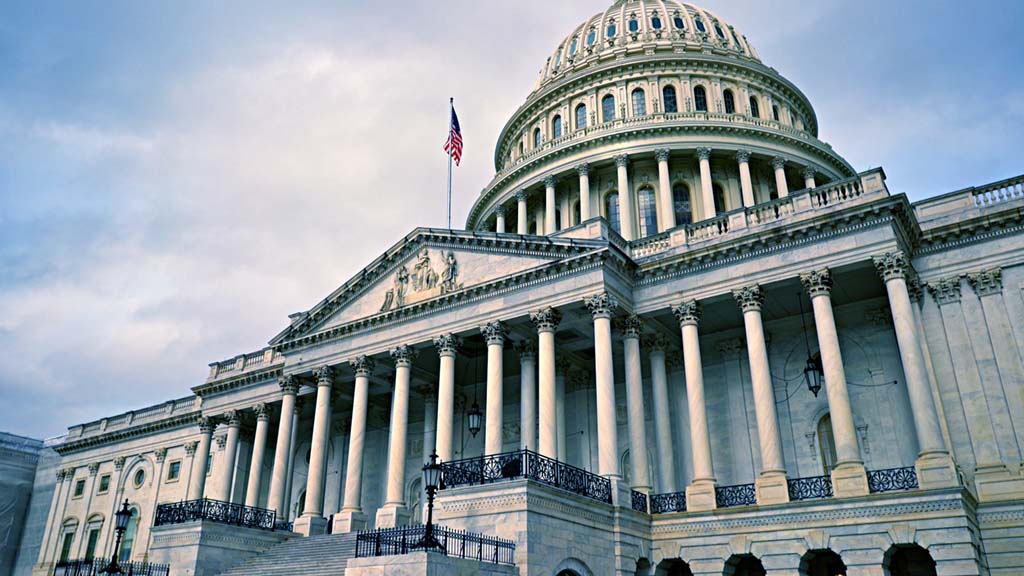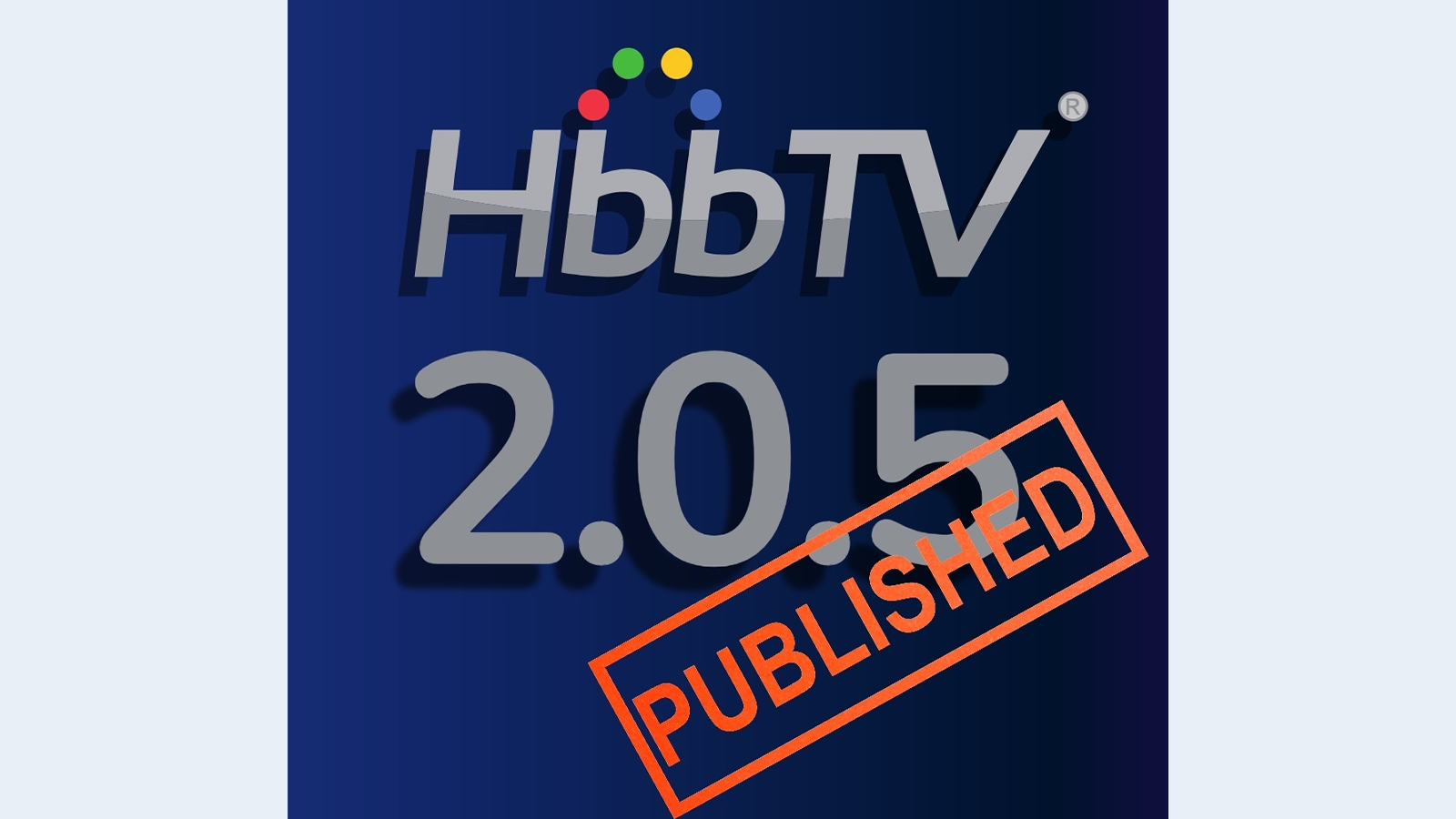
The professional video industry's #1 source for news, trends and product and tech information. Sign up below.
You are now subscribed
Your newsletter sign-up was successful
Early Thursday morning, the U.S. Senate voted to cut federal funding for PBS and NPR in a bill that also included cuts for foreign aid. In a 51-48 vote, the action to cut $9 billion in federal funding represents perhaps the biggest threat to public broadcasting in recent years and a moment of capitulation to President Trump from Congress, which normally has the final say in spending federal funds.
The bill will now go to the House, which is expected to approve it. Most of the funds—approximately $8 billion—targets foreign aid, while $1.1 billion was supposed to go to the Corporation for Public Broadcasting, which funds NPR and PBS.
The Trump administration has been a long-time critic of public broadcasting, which he claims is "biased" against conservatives and ordered the elimination of funding earlier this year.
“Republicans must defund and totally disassociate themselves from NPR & PBS, the radical left ‘monsters’ that so badly hurt our country!” Trump posted on Truth Social on April 1.
The CPB funds about 2% of NPR’s budget and about 15% of PBS’s, so it’s unlikely that public broadcasting would cease; however, there is more concern over how the cuts will impact rural communities, who, in an age of declining local news outlets depend on public media more than ever. That was a major point of contention for Sens. Lisa Murkowski (R-Alaska) and Susan Collins (R-Maine), who voted against the measure. Murkowski criticized the bill on X, referring to an earthquake that struck her state on Wednesday.
“Some colleagues claim they are targeting ‘radical leftist organizations’ with these cuts, but in Alaska, these are simply organizations dedicated to their communities,” Murkowski wrote. “Their response to today’s earthquake is a perfect example of the incredible public service these stations provide. They deliver local news, weather updates, and, yes, emergency alerts that save human lives.”
A few hours ago, a magnitude 7.3 earthquake struck off the Alaska Peninsula, just south of Sand Point. Local residents and summer visitors alike were able to evacuate thanks to federal tsunami advisories relayed through local public broadcasting stations.That’s the real world.…July 17, 2025
Sen. Mike Rounds (R-S.D.) was also initially opposed to the cuts, expressing concern that they would negatively impact the future of tribal radio stations. Although he was later assured that an agreement had been struck with the Trump administration that such cuts would not happen, the leader of Native Public Media warned that no such guarantee could be made.
The professional video industry's #1 source for news, trends and product and tech information. Sign up below.
“There is currently no clear path for redirecting these funds to tribal broadcasters without significant legislative and administrative changes,” said Loris Taylor, the president of Native Public Media.
Rounds’ colleague, Senate Majority Leader John Thune (R-S.D.) defended the cuts.
“I think $9 billion is a very small amount of money—as I mentioned, one-tenth of 1% of all federal spending,” Senate Majority Leader John Thune, R-S.D., told Fox News on Wednesday night before the vote. “But we’ve got to look at all aspects of the federal budget and figure out where we can root out waste, fraud and abuse, to put this country on a more sustainable fiscal path. We just can’t sustain where we are.”
Sen. Ed Markey (D-Mass.), a longtime advocate for public broadcasting, took issue with Thune’s description of calling funding for public media “waste, fraud and abuse.”
“Republicans are making a Clifford-sized mistake by choosing Donald Trump and multibillionaires over ‘Daniel Tiger’ and ‘Masterpiece Theater,’ ” the Senator said in a statement after the vote. “By eliminating public media funding, Republicans are silencing rural broadcasters. They are stripping communities of essential emergency alert infrastructure. They are taking away trusted educational programming from millions of children. And by gutting global public health programs, they’re abandoning vulnerable populations around the world.
“The consequences of this reckless package will be felt for years to come,” Markey added. “But I am committed to ensuring that characters like ‘Arthur’ and ‘Molly of Denali’ can continue to educate our children, and that public radio and television stations can continue to connect and protect people in every community across America.”
Kate Riley, President and CEO of America’s Public Television Stations, the primary advocate for public broadcasting, said the association was “devastated” by the vote and noted that federal funding of public broadcasting amounts to about $1.60 per person per year and less than one 1/100th of a percent of the federal budget.
“This elimination of federal funding will decimate public media and put local stations at risk of going dark, cutting off service to communities that rely on them—many of which have no other access to locally controlled media,” Riley said. “After over 50 years of federal support for public broadcasting, the Senate has now voted to eliminate this exceptional public-private partnership that has educated generations of children, protected countless lives, and connected and celebrated communities large and small throughout this nation.
“As the rescissions package moves back to the House for its final consideration, we urge the House to oppose the package and the elimination of public media. If this package passes the House, all funding to local stations will be cut off starting October 1, 2025 and the Corporation for Public Broadcasting will shut down."
Tom has covered the broadcast technology market for the past 25 years, including three years handling member communications for the National Association of Broadcasters followed by a year as editor of Video Technology News and DTV Business executive newsletters for Phillips Publishing. In 1999 he launched digitalbroadcasting.com for internet B2B portal Verticalnet. He is also a charter member of the CTA's Academy of Digital TV Pioneers. Since 2001, he has been editor-in-chief of TV Tech (www.tvtech.com), the leading source of news and information on broadcast and related media technology and is a frequent contributor and moderator to the brand’s Tech Leadership events.

